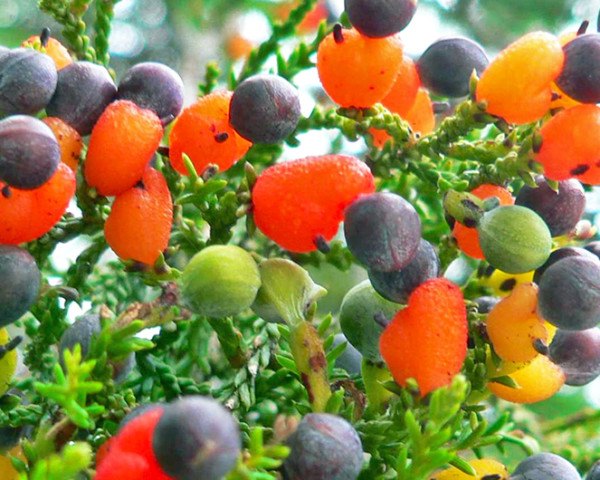Fr Paolo Consonni MCCJ
Jesus’ parables usually do not define things precisely, but rather use examples, comparisons and even paradoxes to provoke a deeper reflection about our beliefs and choices.
Take the example of the tree and fruit in this Sunday’s Gospel (Lk 6:39-45): “No good tree bears bad fruit, nor again does a bad tree bear good fruit; for each tree is known by its own fruit.” As a matter of fact, in nature there are no bad trees nor bad fruits. In the ecological balance of the natural world, every creature has its own place and function. Nature is not judgmental. However, if we decide “which fruits are good to eat,” then we must draw a clear distinction between good and bad trees.
The issue becomes trickier when we speak about the distinction between good and evil persons: “The good person, out of the good treasure of the heart, produces good, and the evil person, out of evil treasure, produces evil.” Is Jesus implying that people are inherently good or evil? I remember my teacher of Chinese Language explaining the different theories among the scholars of the Confucian tradition: Mencius (孟子 – human nature is inherently good), Xunzi( 荀子 – human nature is inherently evil), Dong Zhongshu (董仲舒 – the goodness of human nature needs to be acquired by education). It’s important to understand that what we believe in this regard can influence how we consider people and even ourselves. For instance, I see the danger of applying Jesus’ words to people by categorizing them as inherently “good” or “evil” according to our moral standards. Or worse, because of our flaws, to come to believe that “I am and will always be a bad person.” Both lead to dangerous misjudgments.
Better to remind ourselves what the Church says on this point. Created in the image of God, each person possesses a fundamental goodness and dignity. However, our human nature bears the wound of original sin, making us inclined to evil and subject to error. “Man is divided in himself. As a result, the whole life of men, both individual and social, shows itself to be a struggle, and a dramatic one, between good and evil, between light and darkness” (CCC 1707). Finally, “Baptism, by imparting the life of Christ’s grace, erases original sin and turns humanity back towards God, but the consequences for nature, weakened and inclined to evil, persist in man and summon him to spiritual battle.” (CCC 405).
Now we are better positioned to understand Jesus’ words. Our life is a constant revelation through our words and actions of our inner-self, the deepest part of our heart, where we store the core principles which guide our choices and our sense of worthiness (our treasure). Both our goodness and our weaknesses are stored within us. To believe that we have only goodness, and other people have only evil, is the “log” which blocks our vision and makes us falter in our decision-making. Both goodness and the tendency to evil are within every human heart, and we need to be aware of it.
I think of the trees of Jesus’ words as a parable for the moral choices we have, which can be qualified as “good or bad” depending on the object chosen, the end in view (or the intention) and the circumstances of the action. However, there are acts which, in and of themselves, independently of circumstances and intentions, are “bad trees” which bear “bad fruits” by the very nature of their object, like abortion, or unjust treatment of workesr: acts against life or that diminish human dignity . In the forest of moral choices, a discernment must be continuously done in order not to expect good fruits from bad trees: in other words, one may not do evil so that good may result from it. It’s enough to look at our personal past experiences or at the daily evening news to understand that human history is full of unrealistic expectations. We need to humbly trust the moral guidance of the Church and the voice of our conscience in this regard if we don’t want to fall into destructive moral pits or into human tragedies.
In conclusion, because of the inner mixture of goodness and weakness, no person can reveal the fullness of God’s goodness. Only Christ can. He is the only “good man” who produced the “good fruit” of human redemption through the “good tree” of the Cross. Only by remaining in Him, as branches inserted in the vine, can we bear abundant fruit which will last (cf. Jn 15). The Church’s mission is to graft us in Him.
But we need to be patient. God refills the inner treasure of our heart with daily graces. On our part, we try to share these gifts even though our hearts are not totally filled, because we have wasted so many of them. Sometimes we manage to express outward this inner abundance, sometimes we fail. The important thing is to keep trying, in spite of our failures, trusting that God will keep replenishing the good treasure of our heart with His Love and Mercy.


 Follow
Follow


